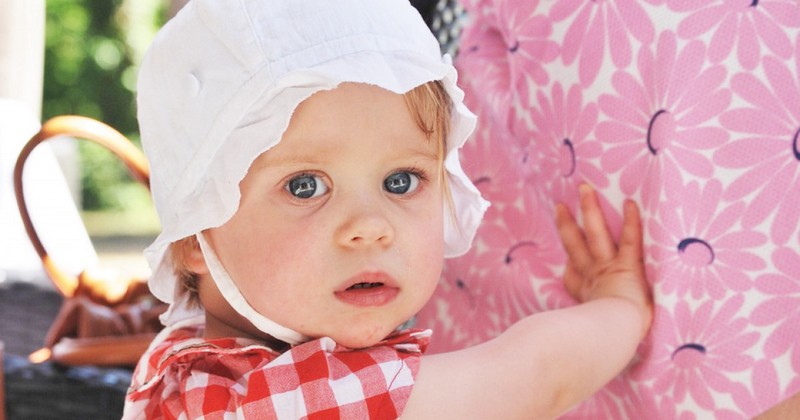Forcing children to give kisses and hugs: a bad idea.

Forcing children to go through adult greeting rituals is a bad idea.
It is very common that one of the steps to acculturate the youngest of the house (that is, to make them internalize the culture in which they live and how to deal with the people around them) goes through a ritual: that of giving kisses to friends and relatives of their parents..
Thus, in casual encounters in the street or during the Christmas holidays, many parents force their children to kiss their parents' friends and relatives. many fathers and mothers force their young children to greet, kiss or hug people they are unfamiliar with. who are unfamiliar or intimidating to them. However, from a psychological (and even ethical) perspective, this is not correct.
Respecting children's living space
Although we may not realize it, we all have a vital space around us that accompanies us and acts as an intermediate point between our body and everything else. That is to say, these small invisible bubbles that surround us are almost an extension of us, in the sense that they offer us a space of security, something of safety and security.In the sense that they offer us a space of security, something that belongs to us and plays a role in our well-being. This phenomenon is well documented and is studied by a discipline called proxemics..
Childhood may be one of the stages of life in which psychological functions are half-baked, but the truth is that from a very early age we understand what this vital space means and we act accordingly. Not wanting to get closer than we should to people who at the moment are not trustworthy is not a psychological deformation. to be corrected, it is as valid a cultural expression as the one that makes adults not hug strangers.
So... why force them to give kisses or hugs?
That some parents force their children to greet by hugging or kissing is not in itself part of an indispensable teaching to create young people with the capacity for autonomy: it is part of a ritual to make themselves look good, in which the comfort and dignity of the child is of secondary importance.. A ritual that generates discomfort and anxiety.
No one learns to socialize by being forced to do these things. In fact, it is possible that these kinds of experiences give more reason to stay away from people who are not part of the immediate family circle. Socializing is learned by observing how others act and imitating them when and how you want to, while being in control of the situation yourself. This is called vicarious learning, and in this case it means that, over time, you end up seeing that everyone else greets strangers and that this does not pose a risk if the parents are present. The action comes later.
The best thing to do is to let them be free
It is clear that in childhood parents and guardians should reserve the ability to have the last word on what the little ones do, but that does not mean that they should be forced to perform the most insignificant and unimportant acts. The rules must be well justified in the best interest of the child's well-being.
It is worthwhile to take into account the preferences of young children and, if they do not cause problems, to let them make their own decisions freely. Bringing them into the world of rigid adult social norms by force is not a good idea. is not a good solution, and doing so sends the message that the only valid behavioral choices are those dictated by parents.
At the end of the day, children are much more than unfinished adults: they are human beings with rights and whose dignity deserves to be taken into account. Failure to do so during the early stages of someone's life sets a bad precedent.
(Updated at Apr 13 / 2024)